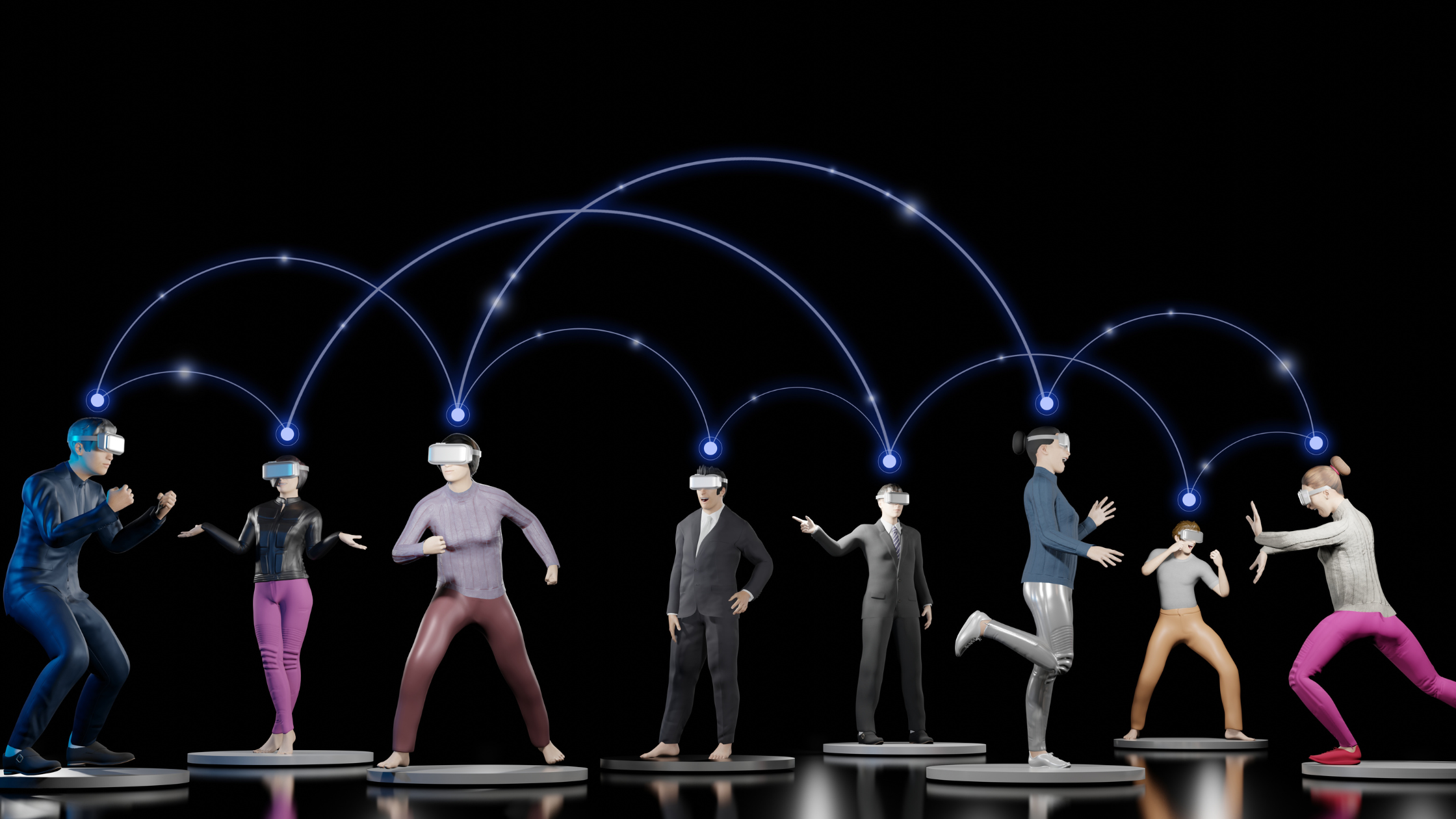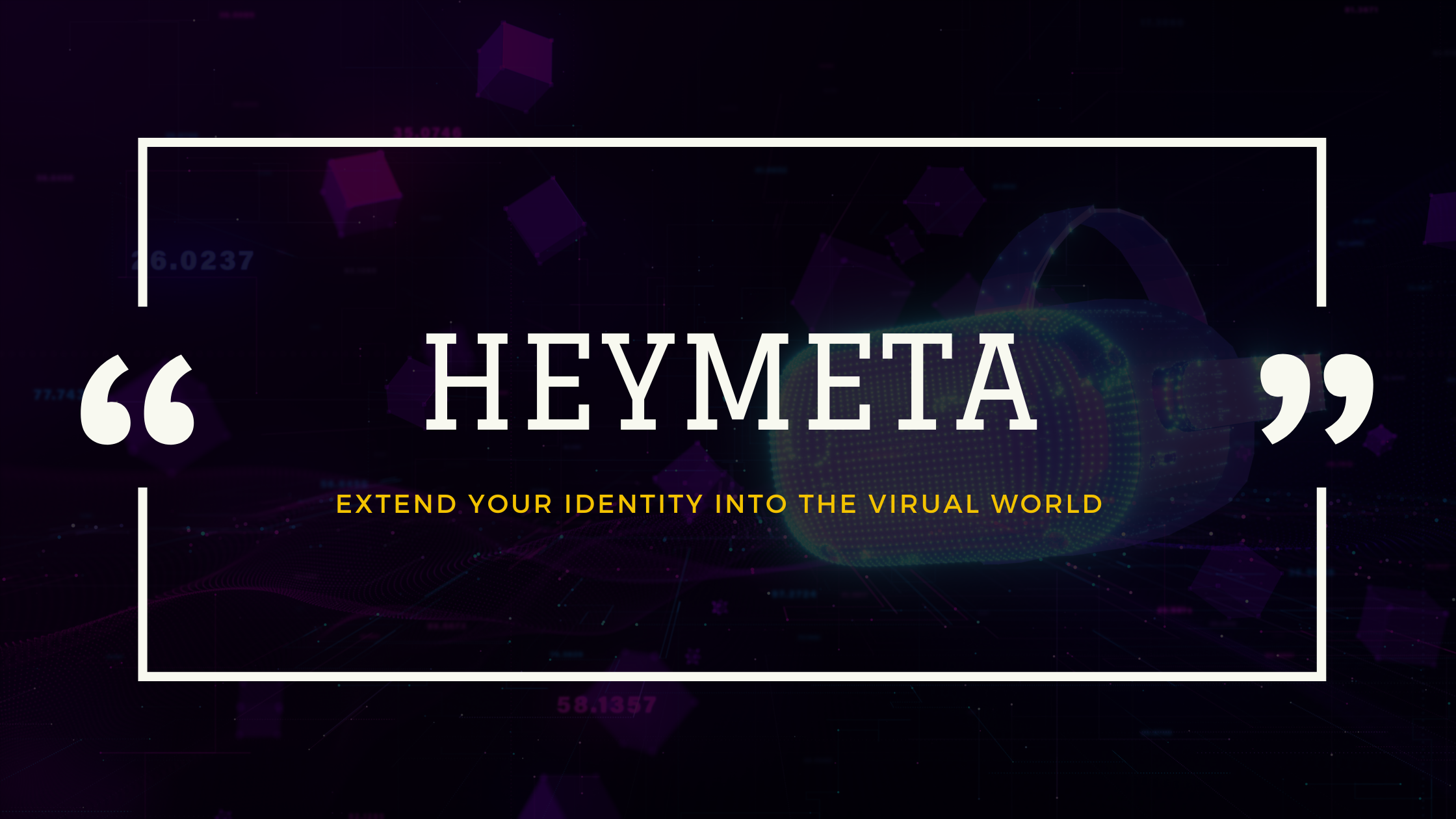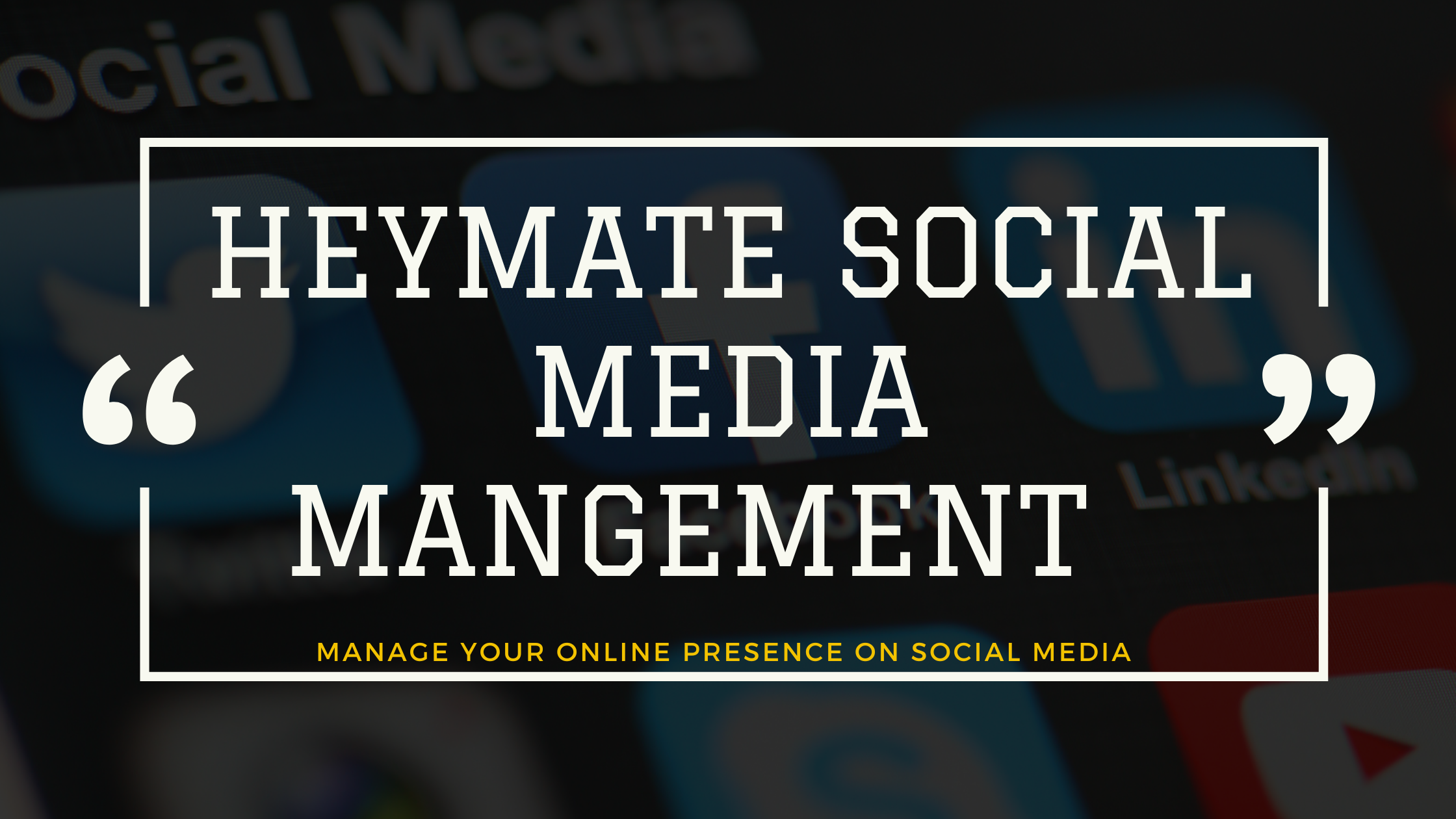
What does the metaverse have to do with small businesses?
While Mark Zuckerberg’s rebrand of Facebook has seen a tizzy of response, investment and commentary, the truth is… not much yet. The metaverse is still hypothetical, and Meta is running a smart marketing campaign. They know the power of the platform, and they’re working to become the leaders in that space purely through association.
But the metaverse is so much more than Zuckerberg’s new playground.
What's Metaverse?
The metaverse is a theoretical digital world, which emulates and goes beyond our own. In this space, you can meet; work; shop; travel; learn, and more. It’s the next level in a fully immersive, transcendent experience, using augmented and virtual reality. You don’t just observe; you perceive yourself as physically present, thanks to haptics technology. The literal definition is ‘beyond the universe.’
We’re still years away from the infrastructure we’ll need to build the metaverse. To allow thousands or millions of people to exist in the same digital realm demands technological capacity that we simply don’t have yet. Haptics technology is still evolving. But small businesses finally have their chance to own a piece of the pie.
What’s to stop this space from being dominated by the tech giants all over again?
A little something called Web 3.
The internet made sending and receiving information easier. Real-time interaction was envisioned, but not part of its genesis. When we finally got to instant messaging and social media, it was thanks to faster telecommunication speeds and a new model; Web 2. Data would be processed by “custodians” who became the regulators. The regulators hold the power, and you can probably guess who the regulators are – big tech giants, like Amazon and Meta.
Because governments can’t pivot dynamically enough to regulate Web 2, there have been moral implications that we don’t need to go into here. The consequences of a centralized platform.
Web 3 would be decentralized. Founded on the blockchain, an exceptionally secure system of encoding, it’s a clear route to indiscriminate opportunity. Regulated by peers, who are incentivized to do well, it will entail “less trust, [and] more truth.” Plus, it’s easier than ever to self-teach coding and an at-home setup with free online resources.
This is why Meta is getting ahead of the game now. They exist thanks to appropriating our data. If they market themselves as metaverse leaders, the public will naturally gravitate toward using them as a vendor. Meta knows the platform itself will be a collaboration between the community and business. But if they capture the hardware market, they can still rake our data. If we put our money where our mouth is and purchase hardware that is not manufactured by Meta or other big vendors, we can turn the tide. The opportunity is there. Let’s seize the day, for our moral integrity, and for your business.
In the meantime, here’s how you can prep for what one day will no longer be hypothetical; the wondrous metaverse.
Understand the technology
While some journalists speak as though it’s otherwise, the metaverse doesn’t exist yet. Read up more on Web 3, blockchain, or haptics. Matthew Ball has an authoritative series of essays that dive deeper into the theory of the Metaverse.
To get a taste of what it may look like, you can check out emulating technologies that are tapping into the same kinds of experiences. Check out Fortnite, Roblox or Decentraland.
The key takeaways from these experiences, that users go crazy for:
- Adventures or challenges that evolve in real-time
- User-generated content, that gives the public a sense of ownership and therefore incentive to invest
- Exclusive experiences in an inclusive community
You can use these qualities to help define what kind of experience you might be able to facilitate or create in your own patch of the metaverse. Can you teach a skill, unlock a new world or story? In the metaverse, the potential is limitless. Apply your expertise to your imagination and start documenting your ideas.
Digital Assets
Feel free to check out our separate article on NFTs (Non-Fungible Tokens) that dive into the blockchain. But fundamentally, all you need to know is that digital designers and 3D modellers are going to be high in demand. To create a digital world with landscapes, objects and textures that are responsive take time, skill and creativity.
If your line of work involves goods, how could you translate those into digital assets? It sounds kind of crazy; why would someone pay a lot of money for clothing that doesn’t exist in real life, or a lamp, or a home, for that matter? It’s not a daydream. Designers are already making bank from digital assets that exist only in online spaces. Seriously. More than 2 billion dollars was spent on NFTs in just Q1 of 2021.
You can create and sell your own with the right collaborators, but my best advice would be to plan what you want to convert to digital form, and wait. Soon, there will be businesses that make the creation of these assets affordable and accessible, without needing to engage developers and designers on a bespoke contract basis.
Virtual Reality
If you haven’t heard of Matterport, it’s technology that’s transformed the real estate industry during the pandemic, and is making its mark on retail, too. Using their platform, you can create a virtual reality mock-up of your space in minutes. Inviting customers to enter your brick-and-mortar store remotely can give them a contemporary, immersive experience, from the comfort of their own home. In addition, it reduces the workload on your end. Check out a range of competitors in this tech to see how you can get involved. We love heymate! because it’s built specifically for retail, and costs virtually nothing.



